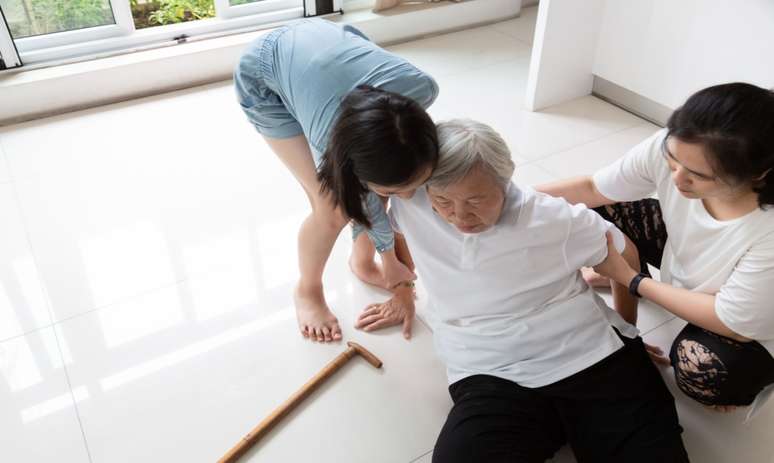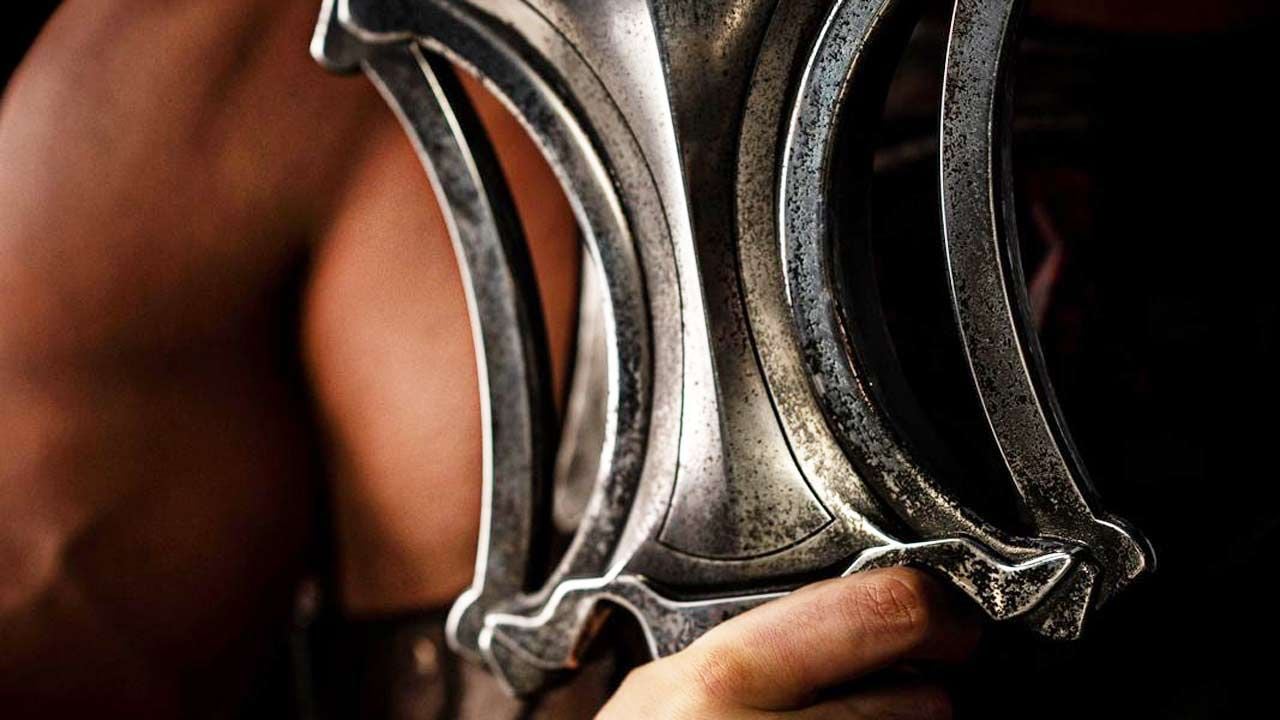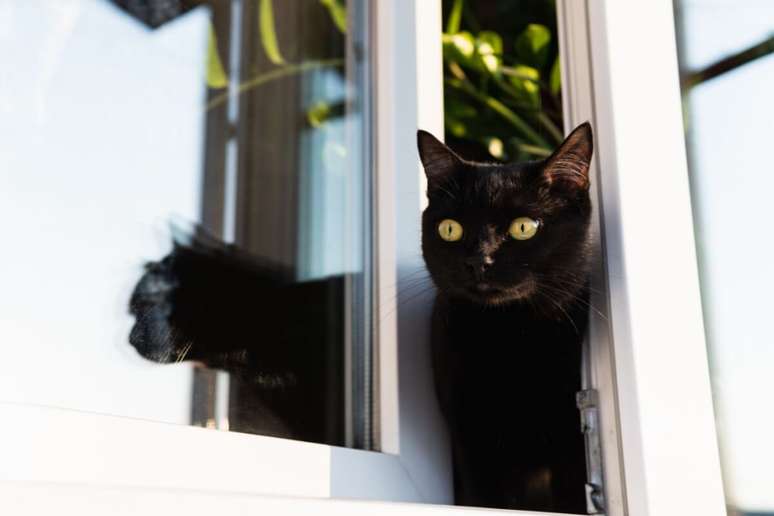Every year one in three elderly people falls at home. In 34% of cases the fall causes a fracture
Home accidents are more common than you might think and can pose a serious risk to older adults. This is because, at this stage of life, due to the physical, sensory and cognitive changes associated with aging, they become more vulnerable. Therefore, they are naturally more prone to falls and other complications in the home environment.
Recently, comedian Carlos Alberto de Nóbrega, 87, fractured his femur and needed surgery due to internal bleeding in his head after a fall at his country home.
High risk among the elderly
According to data from the Ministry of Health, every year one in three elderly people falls and 34% of falls cause some type of fracture. Furthermore, in 2020 alone, there were more than 300,000 hospital admissions due to domestic accidents in the country.
Dr. Lafayette Lage, an orthopedic and trauma surgeon, calls attention to the importance of maintaining elder care. He explains that, with fewer muscle problems and other associated problems, people in this age group are more prone to fractures.
In addition to the physical limitations associated with advanced age, important psychological aspects must be considered when dealing with the elderly. This is the case of depression and the tendency to isolation, mistrust, irritability, among other problems.
How to prevent falls and injuries
To minimize the risks, it is important that the elderly and those who care for them are aware of some preventive measures, as the orthopedist points out:
- Keep your home safe: removing slippery carpets, installing handrails on stairs, placing grab bars in the bathroom and eliminating obstacles in the path can help prevent falls;
- Adequate lighting: keeping the house well lit, especially in traffic areas, can help the elderly to see better and avoid accidents;
- Use of safety devices: The use of devices such as smoke alarms and security bars on windows can reduce possible risks. It is also important to wear suitable, non-slip shoes at home. Avoid waxing the floor or using products that make the floor slippery;
- Be careful with medications: It is important to follow medical prescriptions correctly and avoid self-medication. This is because some medications can cause dizziness and drowsiness, increasing the risk of falls;
- Be careful of sharp and hot objects: Handling knives, pans and other sharp or hot objects with care can prevent cuts and burns;
- Stay in touch with family and friends: staying in touch with family, friends and neighbors can ensure help is available in an emergency;
- Maintain a healthy diet and exercise: A balanced diet and regular exercise can help maintain muscle strength and flexibility, minimizing the potential risk of fractures.
It is important for older adults and their caregivers to be aware of these preventative measures and incorporate them into their daily routine. This ensures a safer home environment and avoids unnecessary accidents.
Furthermore, it is essential that older adults are open to asking for and accepting help when needed. That is, recognizing that some tasks may be more challenging due to aging, the orthopedist emphasizes.
Source: Terra
Rose James is a Gossipify movie and series reviewer known for her in-depth analysis and unique perspective on the latest releases. With a background in film studies, she provides engaging and informative reviews, and keeps readers up to date with industry trends and emerging talents.







